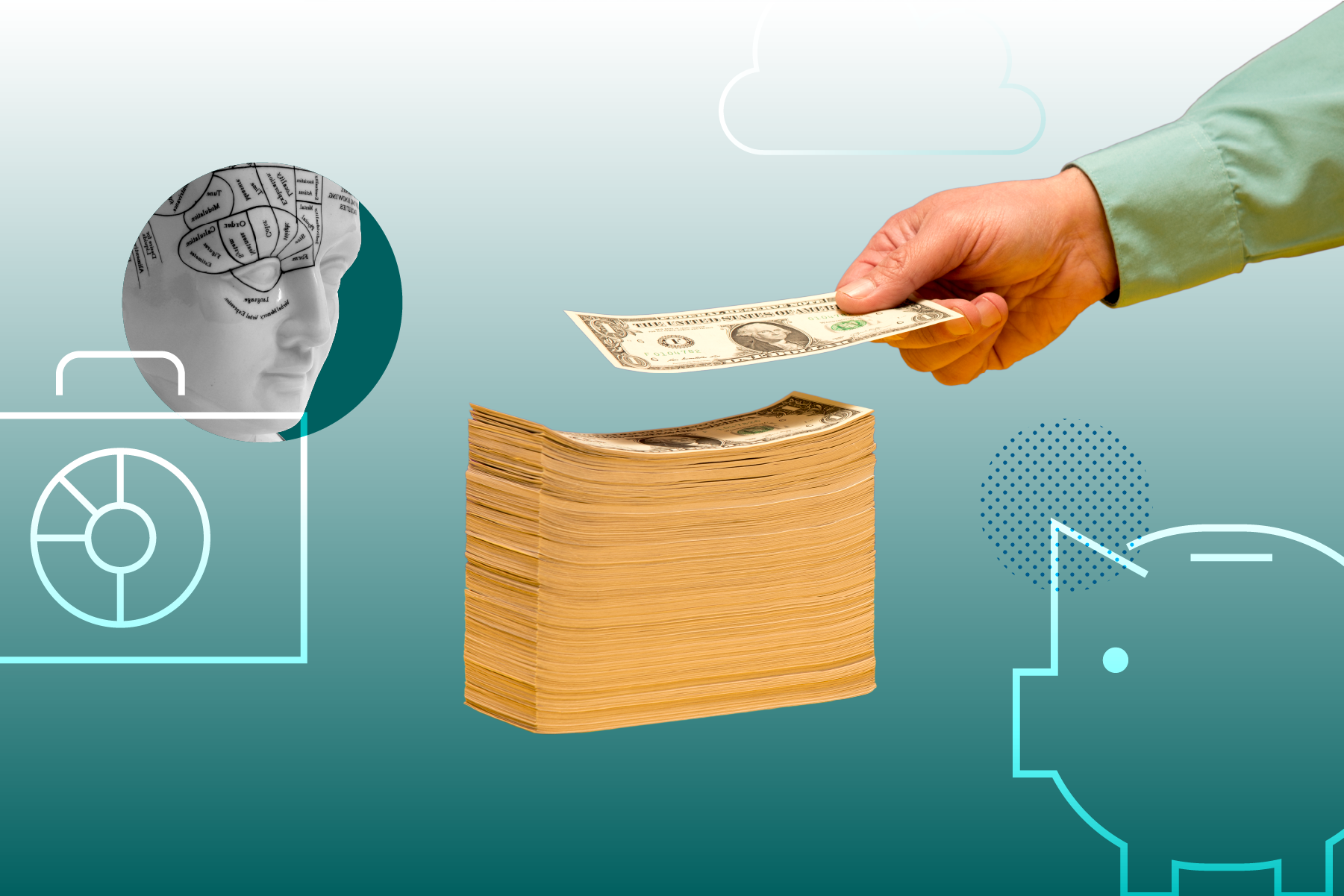Can Converting to a Roth IRA Reduce Future RMDs?
Tax and IRA expert Ed Slott says you may want to make this change earlier than you think.

Tax Implications of Required Minimum Distributions
Christine Benz: I want to delve into the tax implications of RMDs a little bit, Ed. There’s the ordinary income tax that’s due, but there can also be these knock-on tax effects that seem to really bug people, like Social Security taxation, like IRMAA. Maybe you can talk about some of those.
Ed Slott: All I can say is, be prepared for it because these funds have to come out anyway, not if, but when. So, it’s going to hit. Almost everybody now of even a decent livable income, is subject to the 85% tax on Social Security because those levels have never been adjusted for inflation. They’re so low, so concede on that. You’re just going to pay the income tax on 85% of your benefits because it’s such a low threshold. But there’s IRMAA, Medicare’s income-related monthly adjustment amount, that’s not on the tax return, but they have tiers, different tiers, and if you go $1 over, it’s a cliff and that could make your premiums for Parts B and D go higher. But again, all of these things are going to happen anyway.
Let’s say you try and lower the RMDs, you just take the minimum. At some point, more will have to come out, and this is going to happen anyway. Maybe you just want to take the big hit in one year, eventually it’s going to happen. Another surprise tax is the 3.8% tax on net investment income. Those thresholds have also never been raised for inflation, so more people are subject to that. Things like medical expenses. So many things are tied to your adjusted gross income, and RMDs increase adjusted gross income. One thing you can do to lower that is, like I said, the QCD. It takes the RMD income, if you do it in the order I said, it takes it off the tax return.
Brace Yourself for Higher Required Minimum Distributions in 2024
Can Converting to a Roth Reduce Future RMDs?
Benz: I want to follow up on that. Relatedly, one thing that RMD-subject investors often think about is, well, what if I convert some of these assets, these traditional IRA assets that are subject to RMDs, what if I convert them to Roth as a strategy for potentially mitigating future RMDs or reducing future RMDs? Can you talk about that?
Slott: Yes, I recommend that all the time, most effective before you start RMDs. Roth conversion always costs more once you’re into RMDs. Doesn’t mean you can’t convert once you’re into RMD, say after age 73, but it costs more. Here’s why, the RMD cannot be converted. If you are in an RMD territory, you have to take the RMD. You must take it, and you pay tax on it, and it cannot be converted. Once you satisfy that year’s RMD, then any part or all of the remaining IRA balance can be converted, but it costs more because you had to pay the tax on the RMD, which couldn’t be converted. The best time is usually like in your 60s. Do a series of maybe smaller annual conversions over time. In a perfect world, you get rid of your whole IRA before 73, then you have no RMDs, and you have a tax-free Roth.
Also for the Medicare IRMAA charges, if you want to mitigate that, do the Roth conversions before turning, not 65—that’s a mistake people make because they say, “Well, that’s where Medicare starts.” No, there’s a two-year lookback, before age 63. For example, extreme again, let’s say you converted everything to your Roth IRA by age 62. Well, then you’ll have no RMDs from your IRA, and at least the RMDs will not trigger the Medicare charges. The point here is to manage the RMDs to your tax benefit, however, they come out, but the money will come out, at the latest, through your beneficiaries at 10 years after death. So, the longer you spread them out, for most people, unless your income goes up and down substantially, you’re going to have less tax over time.
The author or authors do not own shares in any securities mentioned in this article. Find out about Morningstar’s editorial policies.

/s3.amazonaws.com/arc-authors/morningstar/66112c3a-1edc-4f2a-ad8e-317f22d64dd3.jpg)

/d10o6nnig0wrdw.cloudfront.net/05-01-2024/t_17b16ff580be466186dfca2760195b1f_name_file_960x540_1600_v4_.jpg)
/cloudfront-us-east-1.images.arcpublishing.com/morningstar/BZ4OD6RTORCJHCWPWXAQWZ7RQE.png)
/cloudfront-us-east-1.images.arcpublishing.com/morningstar/G3DCA6SF2FAR5PKHPEXOIB6CWQ.jpg)
:quality(80)/s3.amazonaws.com/arc-authors/morningstar/66112c3a-1edc-4f2a-ad8e-317f22d64dd3.jpg)